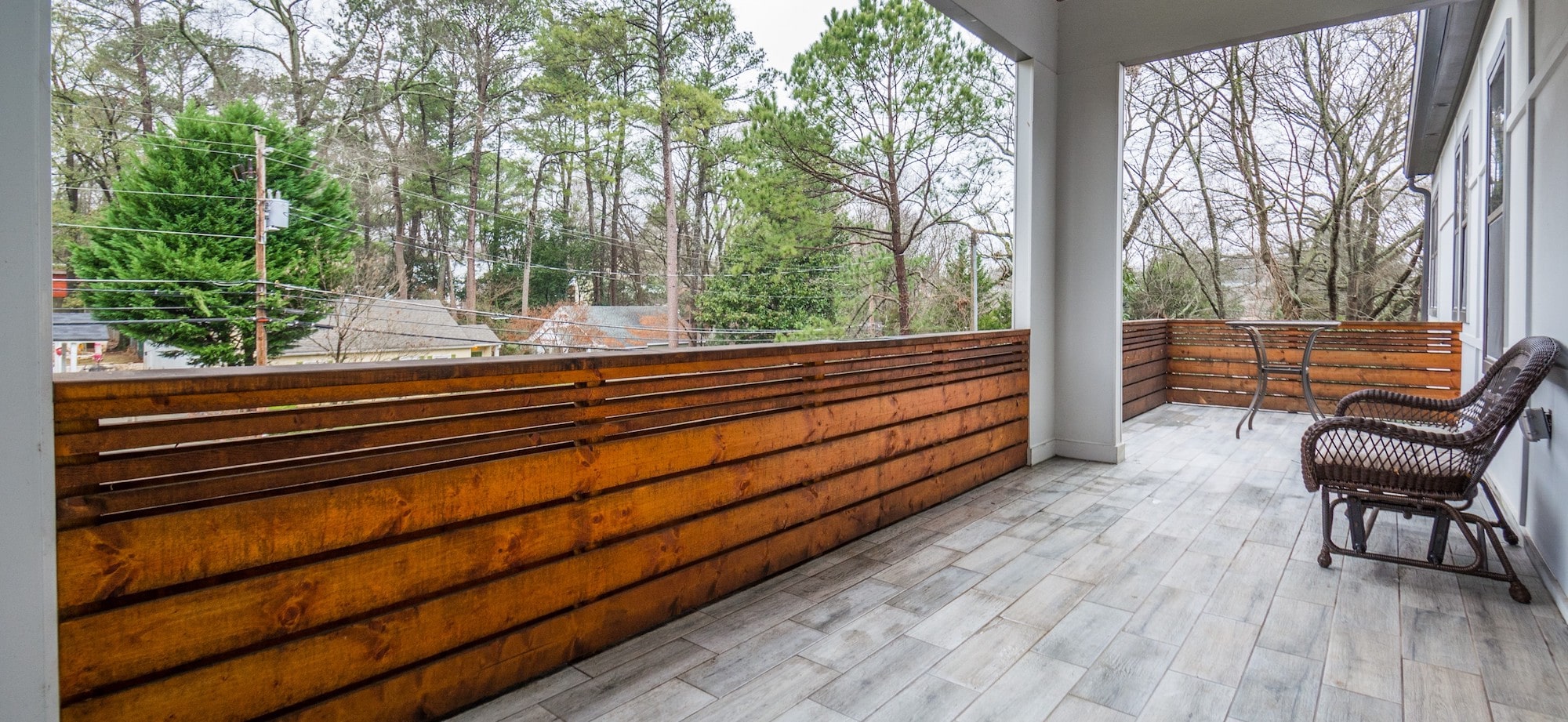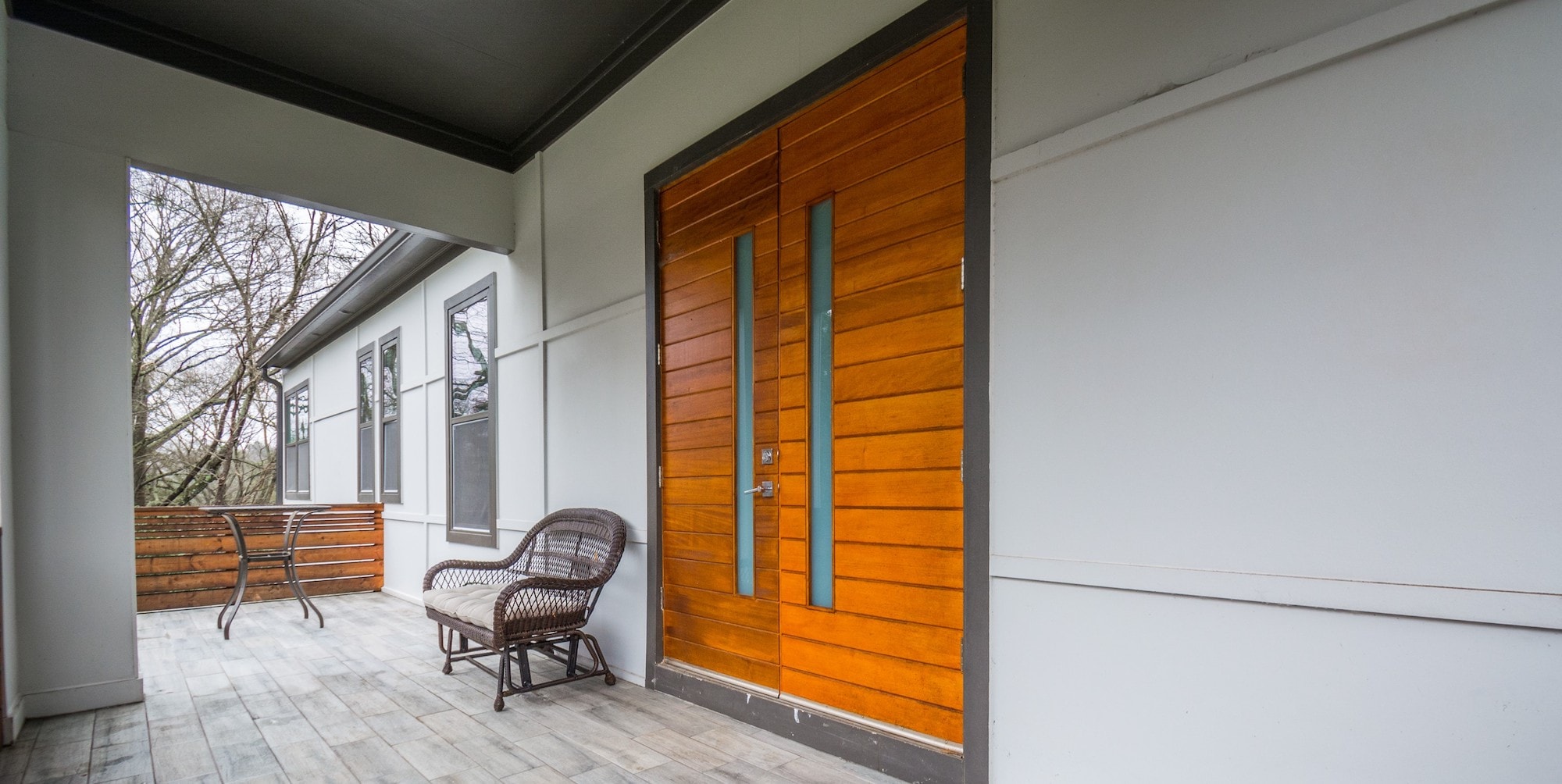One question we frequently hear from property owners is, “What can I deduct from my tenant’s security deposit?” The security deposit is money that is collected from the tenant, up front and separate from the first month’s rent, and is meant to cover the cost of any damage caused by the tenant over and above “normal wear and tear.” Many states limit how much a landlord may charge for a deposit, but Georgia law has no such limits. The state does have other safeguards to protect tenants. It’s important to note that Georgia law does stipulate strict time limits, which are included in the Related Information section below:
Georgia Security Deposit Law Basics
Allowable deductions for reasonable fees and expenses incurred during the rental period include:
Unpaid rent
Penalties for late payment of rent
Nonpayment of utility bills
Unpaid pet fees
Damage beyond normal wear and tear
Some cleaning fees
Any costs associated with abandonment of the property
What is Considered Normal Wear and Tear?
Normal wear and tear is the patina of use and includes minor damage such as:
Small nail holes, chips, smudges, dents, scrapes, scuffs, and scratches on the trim or cracks in the walls
Few areas of scuffed paint or slightly torn wallpaper
Carpet slightly stained or worn thin from regular use
Wood floors scuffed from regular use
Doors sticking from humidity
Loose grouting in bathroom tiles
Worn or scratched enamel in bathtubs, sinks, or toilets
Any worn appliances due to use over time
While property owners don’t usually appreciate having to paint in between every tenant, normal wear and tear can make that necessary. A good rule of thumb is if the problem can be covered with a coat of paint after a year or more of occupancy, that’s considered wear and tear.
What is Considered Property Damage?
“Penny-sized” or larger holes in the wall or dozens of nail holes
Unapproved painting or unprofessional paint jobs
Holes, stains, or burns in carpet e.g., from food, urine, or colored liquids
Chipped or gouged wood floors
Water stains on wood floors or window sills
Broken doors or windows due to abuse
Mold, mildew, and grime left behind in bathroom or kitchen
Missing or cracked bathroom tiles
Damaged or cracked mirrors
Any damaged appliances due to abuse or neglect
More Info
Here is some additional information about security deposits that you may find useful. FYI – if you’re up for a deep dive into the reference material, this summary is derived from Statute Georgia Code, Title 44, Chapter 7, Sections 30-37.
Security Deposit Maximum: Georgia does not have a statutory limit on the amount a landlord may require for a security deposit.
Security Deposit Storage: Georgia landlords have two options for storing a tenant's security deposit:
- Escrow Account - An account held by a third party; funds are released at the end of the rental period in accordance with the lease terms.
- Surety Bond – The tenant agrees to forfeit funds from a deposit in accordance with the written and signed lease agreement.
- Noncompliance - Noncompliance may result in forfeiture of a landlord's right to withhold anything from the tenant.
- Receipt of Security Deposit: The landlord must provide the tenant with an itemized list of pre-existing damage, defects, etc. before collecting a security deposit (noncompliance may result in forfeiture of a landlord's right to withhold anything from the tenant)
- Right of Inspection - The tenant has the right to inspect the property before signing off to list and paying the deposit. This list then becomes proof of the property's condition prior to the tenant's move-in date.
- Disagreement - If there's a disagreement, the tenant must indicate specific items of disagreement and sign a statement of dissent.
- Walk-Through Inspections:
- Within 3 days after the tenant vacates the property - The landlord must inspect the property for damages and write a list of damage.
- Within 5 days after vacating the property - The tenant may inspect the property and compare their observations to the landlord's list.
- Disagreement - If there are disagreements, and the tenant has signed a statement of dissent, they may take the landlord to court to recover the disputed amount.
- Return of Security Deposit:
- Deadline – The landlord must return the security deposit within 1 month after the tenant has vacated the property and returned the keys.










